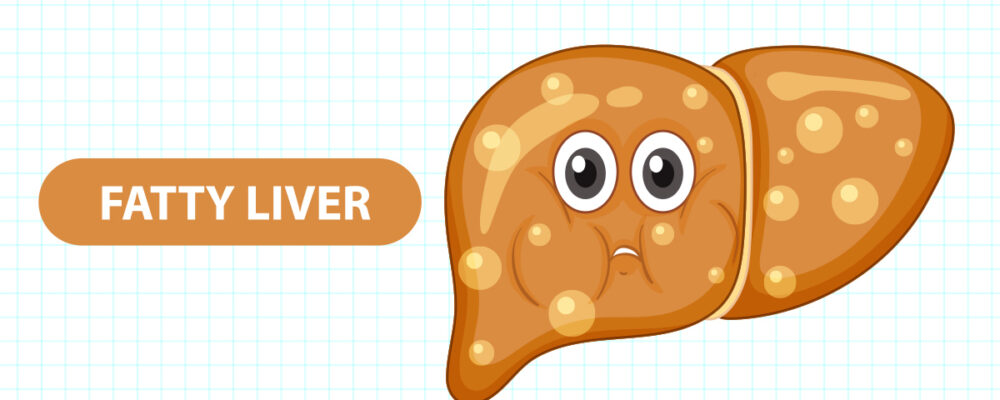Tips for Preventing Fatty Liver: Your Guide to a Healthier Liver

Fatty liver disease is a growing concern worldwide, affecting millions of people of all ages and backgrounds. While it’s often associated with excessive alcohol consumption, non-alcoholic fatty liver disease (NAFLD) is becoming increasingly prevalent due to factors such as poor diet, sedentary lifestyle, and obesity. Fortunately, there are steps you can take to protect your liver health and reduce your risk of developing fatty liver
disease. In this blog post, we’ll explore some practical tips for preventing fatty liver and promoting a healthier liver.
Maintain a Healthy Weight:
Excess weight, especially around the abdomen, is a significant risk factor for fatty liver disease. Aim to achieve and maintain a healthy weight through a balanced diet and regular exercise. Losing even a small amount of weight can have a positive impact on liver health.
Follow a Balanced Diet:
Aim for a diet rich in fruits, vegetables, whole grains, and lean proteins. Limit your intake of processed foods, sugary snacks, and saturated fats, which can contribute to liver fat accumulation. Opt for healthier cooking methods such as baking, grilling, or steaming instead of frying.
Limit Alcohol Consumption:
Excessive alcohol consumption is a leading cause of liver damage and fatty liver disease. If you choose to drink alcohol, do so in moderation. For most adults, this means up to one drink per day for women and up to two drinks per day for men.
Exercise Regularly:
Regular physical activity can help reduce liver fat and improve overall liver function. Aim for at least 30 minutes of moderate exercise most days of the week. Choose activities you enjoy, whether it’s walking, swimming, cycling, or dancing, and make exercise a regular part of your routine.
Monitor Your Medications:
Some medications and supplements can contribute to liver damage or exacerbate existing liver conditions. Always follow your healthcare provider’s instructions when taking medications, and be sure to inform them of any supplements or over-the-counter drugs you’re using.
Stay Hydrated:
Drinking plenty of water helps flush toxins from your body and supports optimal liver function. Aim to drink at least 8-10 glasses of water per day, and limit your intake of sugary beverages and caffeinated drinks.
Get Regular Check-ups:
Routine medical check-ups allow your healthcare provider to monitor your liver health and detect any early signs of liver disease. Be proactive about scheduling regular screenings and follow-up appointments, especially if you have risk factors for fatty liver disease.
Manage Chronic Conditions:
Certain chronic conditions, such as diabetes, high blood pressure, and high cholesterol, can increase your risk of fatty liver disease. Take steps to manage these conditions through lifestyle modifications, medication, and regular monitoring.
Avoid Crash Diets:
Rapid weight loss diets or extreme fasting can put stress on your liver and may worsen liver health. Instead of resorting to crash diets, focus on making sustainable lifestyle changes that promote gradual, long-term weight loss and overall health.
Seek Professional Guidance:
If you’re concerned about your liver health or have risk factors for fatty liver disease, don’t hesitate to seek guidance from a healthcare professional. They can provide personalized recommendations based on your individual health status and help you take proactive steps to protect your liver.
Preventing fatty liver disease requires a holistic approach that encompasses healthy eating, regular exercise, moderation in alcohol consumption, and proactive healthcare management. By adopting these tips into your lifestyle, you can support your liver health and reduce your risk of developing fatty liver disease. Remember, your liver plays a vital role in keeping your body healthy, so it’s essential to prioritize its well-being.

Maintaining a healthy gastrointestinal (GI) system is crucial for overall well-being. From digestion to nutrient absorption
May 5, 2024 Read More